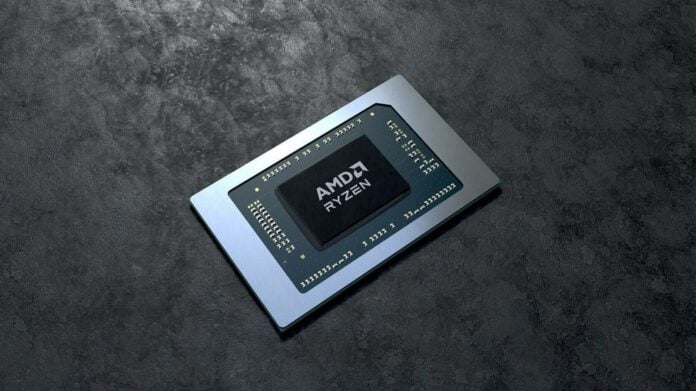Starting early next year, AMD will debut a low-powered processor featuring Zen 5 and Zen 5c CPU cores and RDNA 3.5 integrated graphics. Dubbed ‘Krackan’, this chip appears primed to fulfill the needs of ultrabooks and gaming handhelds. Yes, we could be looking at a potential APU for the Steam Deck 2 here.
For the moment, the best CPUs AMD has to offer the mobile market is its Ryzen AI 300 series, otherwise known as Strix Point. However, these processors are relatively expensive, given their denser core and compute unit configurations. Krackan will cut counts in both categories down, theoretically bringing the price of devices using it down with it.
Speaking to Computer Base, AMD’s senior vice president Jack Huynh has confirms that the brand’s Krackan APU – previously rumoured to be Kraken Point – target an early 2025 launch. This APU would also counter Qualcomm’s upcoming chips aimed at $700 tier notebooks. A welcome move as the Strix Point laptops are quite expensive.
Currently, rumours suggest Krackan features four Zen 5 cores alongside four Zen 5c cores, with graphics duties covered by eight RDNA 3.5 compute units. Of course, it’ll also chase the AI hype train and pack an XDNA 2 NPU delivering 50 TOPS of performance. That’s enough to claim Microsoft’s Copilot+ badge for all it’s worth.
On the memory side, we expect support for up to LPDDR5X-8000 RAM, similar to the premium Strix Halo design rumoured to boast a whopping 16 Zen 5 cores. This means more bandwidth to feed the integrated GPU.
With all this in mind, Krackan is eerily similar to the custom Aerith and Sephiroth APUs in Steam Deck albeit with newer architectures. Here’s hoping these could also find their way into next-gen gaming handhelds too.
It’s impossible toe estimate what kind of performance we can expect from Krackan, but it should provide plenty for its target platforms based on what we have on paper right now. Better still, if AMD can beat Qualcomm on efficiency, these APUs shouldn’t struggle to find new homes.


